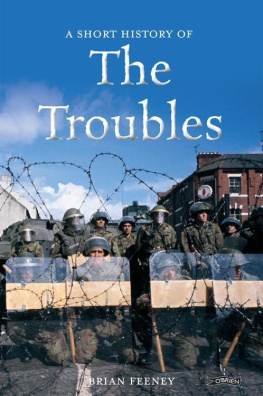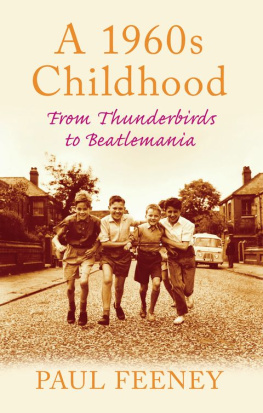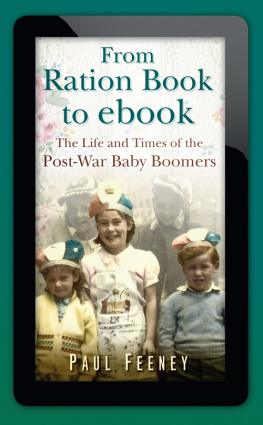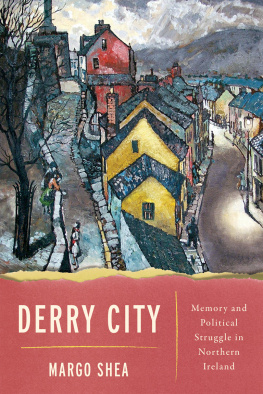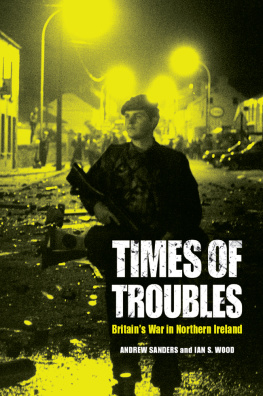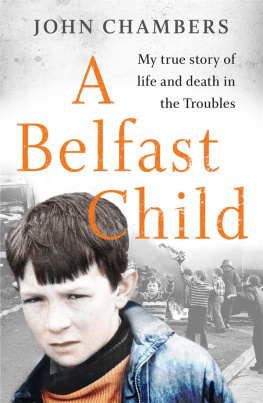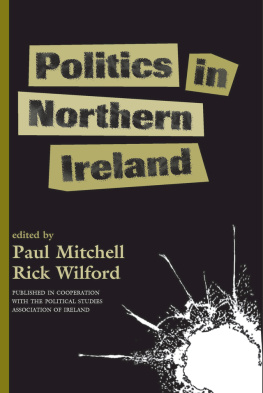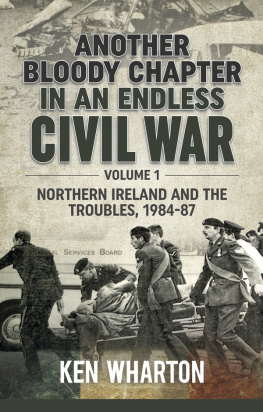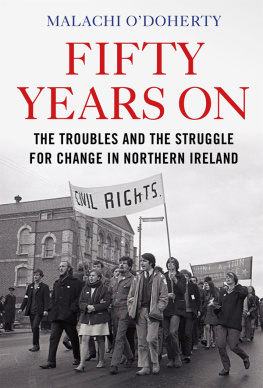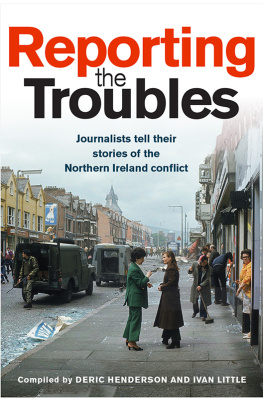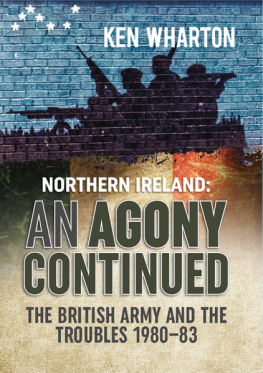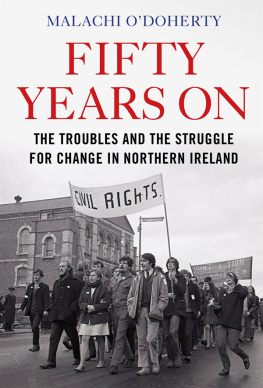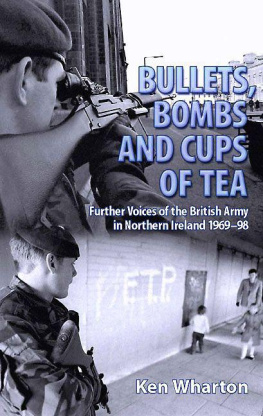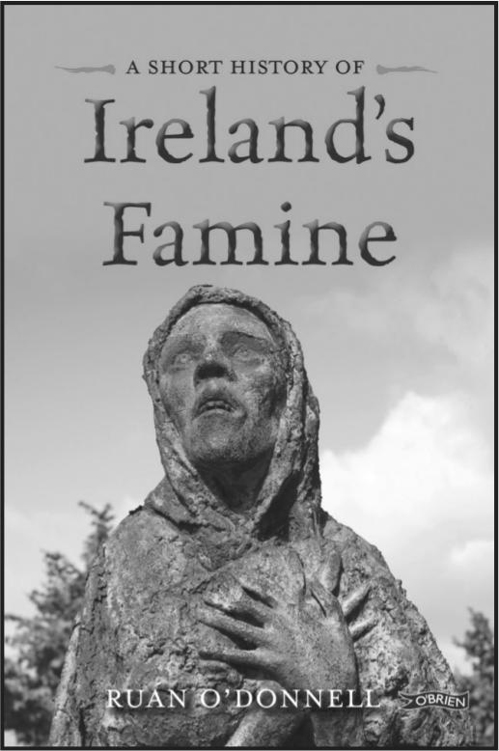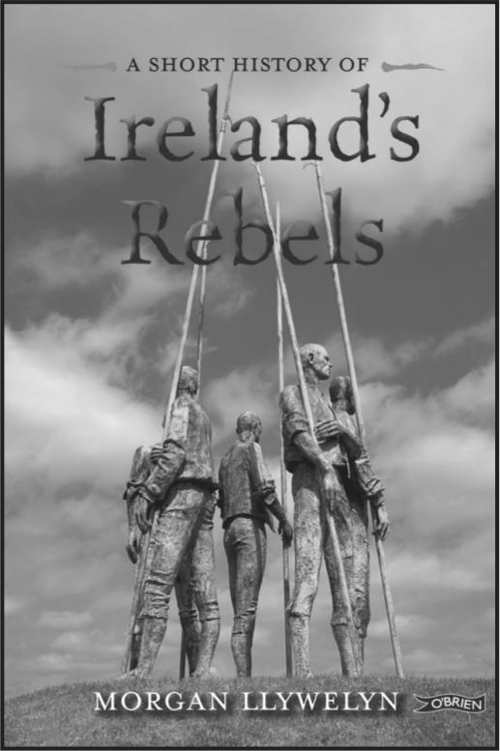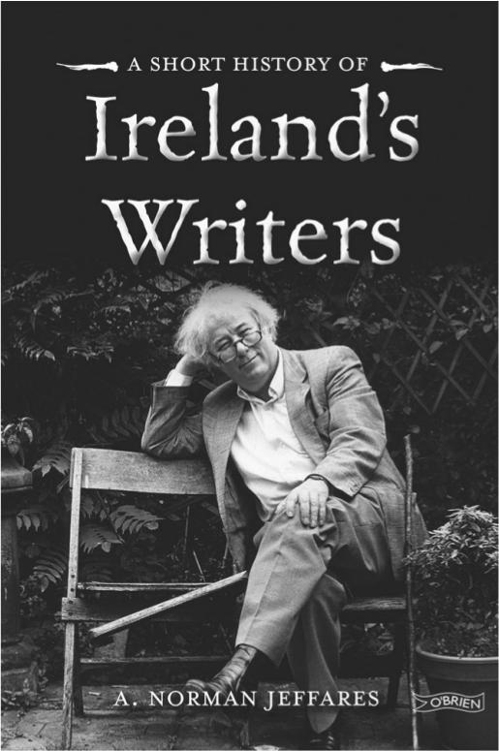A. Norman Jeffares, revised by Muriel Bolger
An introduction to all the leading Irish writers and some of the lesser known playwrights, novelists, short story writers, poets, placing them in context and providing a list of their works. Commentaries give brief but telling insights into their work.
The story of Irish writing is followed, beginning with Swift, and working through playwrights Synge and OCasey to Beckett and Friel; from nineteenth-century poetry through Yeats to Seamus Heaney and Paul Durcan; in novels, from Maria Edgeworth, through Joyce, Elizabeth Bowen, Kate OBrien, Flann OBrien to contemporaries Julia OFaolain, Roddy Doyle and Anne Enright.
Apprentice Boys of Derry One of the Protestant Loyal Orders, it organises annual demonstrations commemorating the events surrounding the Siege of Derry in 1688 when apprentices closed the citys gates on the approach of the army of King James II. With about 10,000 members, the Orders major demonstration in Derry each August has often been the occasion of increased tension and violence.
Ard Fheis The name Irish political parties give to their annual conference.
Armalite An American rifle favoured by the IRA.
Army Council The seven-member ruling body of the IRA which determines its military strategy.
Articles 2 & 3 Articles in the 1937 Irish Constitution (Bunreacht na hireann) defining the national territory as the island of Ireland and regarded as laying claim to the six northern counties which constitute Northern Ireland (see Six Counties).
B Specials Established in 1920 to defend Northern Ireland against the IRA. An exclusively Protestant, part-time force abolished in 1969 and replaced by the Ulster Defence Regiment (UDR) in 1970.
Belfast confetti Rivets and pieces of small, dense, heavy ironmongery thrown with terrible effect by shipyard workers in Belfast riots.
Dil The lower house of the Irish parliament.
E4A The RUCs covert surveillance unit, part of E division, or Special Branch.
Garda Sochna (Keepers of Peace) Normally known as the Garda, the police force of the Irish Republic.
Gerrymandering The deliberate redrawing of electoral boundaries to control the outcome of elections. The term originates from 1812 when the governor of Massachusetts, Elbridge Gerry, drew the boundaries for a congressional district that looked like a salamander. His opponents called it a Gerrymander.
H-blocks Compounds in the Maze prison, so named because of their shape. Each had approximately two hundred cells in four wings.
Irish National Liberation Army (INLA) An extreme republican paramilitary group established in 1974.
Long Kesh The name of a Second World War airfield, located sixteen kilometres south of Belfast, whose wartime Nissen huts were used to house republican internees in 1971. The name was later changed to HM Prison Maze when permanent facilities were built. Republicans never used the new name.
Loyalist Volunteer Force (LVF) A dissident faction of the UVF formed in the late 1990s.
Northern Ireland Civil Rights Association (NICRA) Established in 1967 and modelled on the American black civil rights movements tactics of passive resistance and non-violence.
Northern Ireland Office (NIO) The department of the British government established in 1972 to administer Northern Ireland under direct rule from Westminster through a secretary of state who has a seat in the British Cabinet.
Orange Order The largest of the Loyal Orders, it was founded in County Armagh in 1795 and expanded into an important politico-religious grouping opposed to Irish nationalism. Throughout its existence its traditions of marching, sometimes through nationalist districts, has caused controversy. Its extensive programme of marches culminates on 12 July to commemorate the victory of King William III at the Battle of the Boyne in 1690.
Peaceline Originally high fences made from corrugated metal, these were erected by the British Army in 1969 to provide a physical barrier between Catholic and Protestant districts. Most are now permanent brick, or concrete structures.
Plastic bullet Officially described as a plastic baton round (PBR), it is a controversial riot-control weapon used extensively from February 1973. A solid PVC cylinder, when fired its muzzle velocity is estimated to be in excess of 250kph. In 1998 a parliamentary answer revealed that plastic and rubber bullets killed sixteen persons since 1970. A total of 124,829 plastic and rubber bullets (see Rubber bullets) were fired between 1970 and November 1998.
Proportional representation

